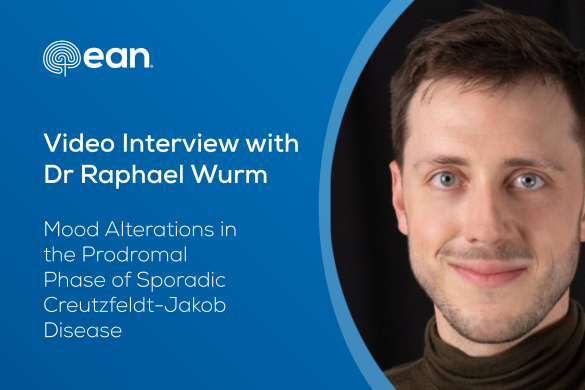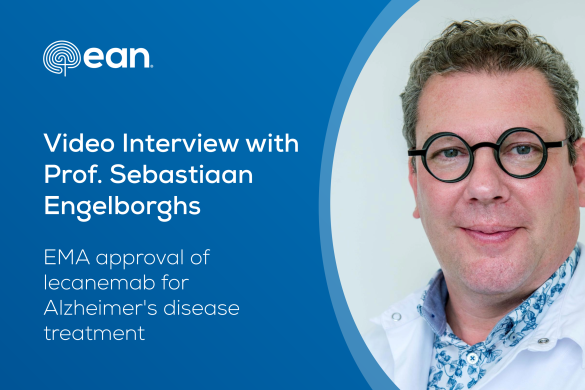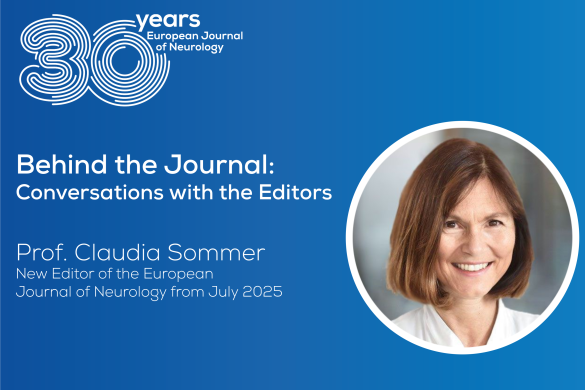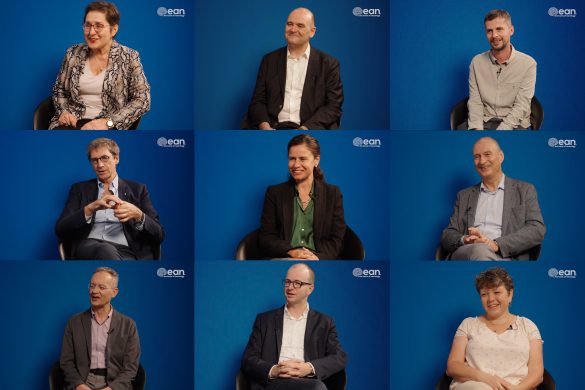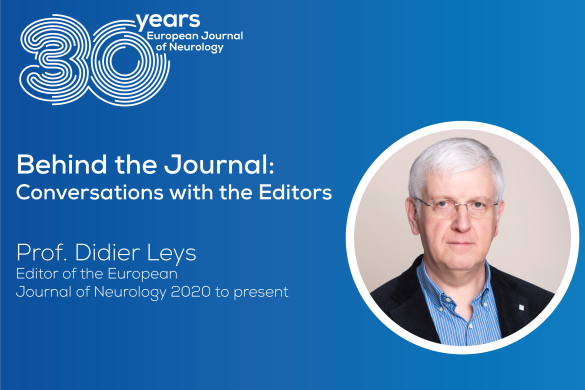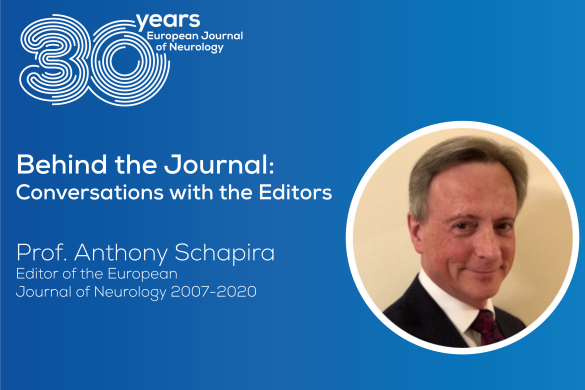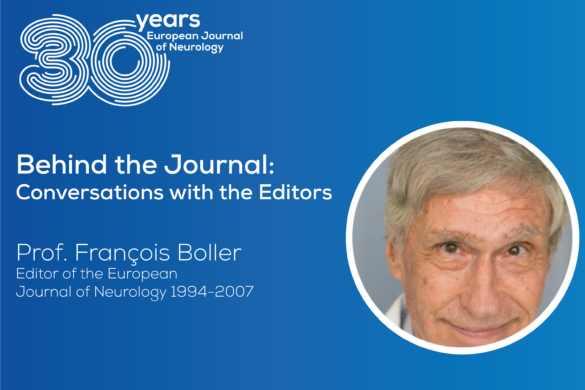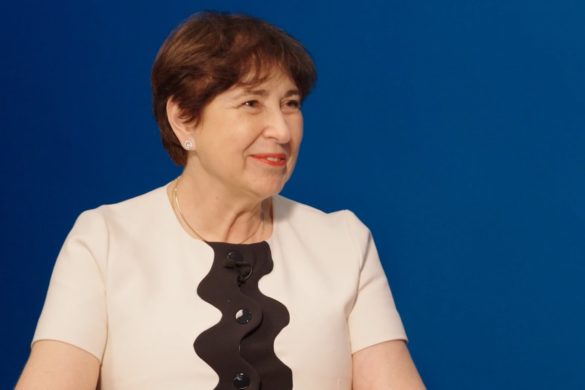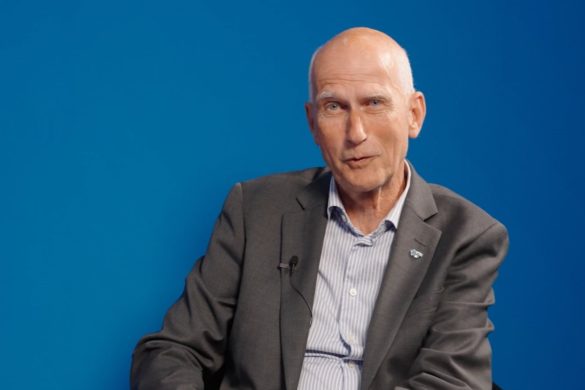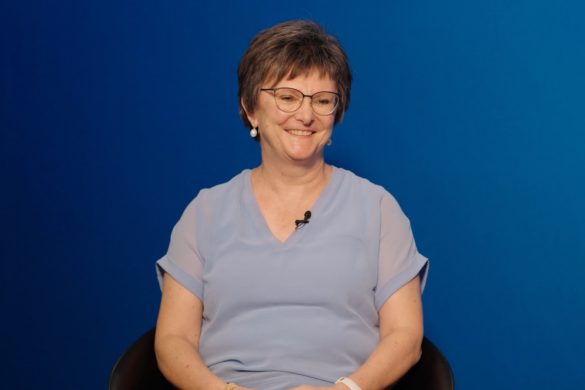Neuropenews asked EFNS/ENS committee members, panel chairs, speakers, …. which session one should not miss at the upcoming congress in Istanbul, June 2014. You will find the answers in the upcoming issues of Neuropenews.
 Richard Hughes, EFNS President
Richard Hughes, EFNS President
I will not miss… Symposium 3: Peripheral neuropathies: present and future (31 May 2014).
There is an embarras de richesses so the choice is difficult. I would like to be brought up to date in all the hot topics which are not my own areas of special expertise, for instance multiple sclerosis, headache and Alzheimer’s disease to name but a few.
However I shall be fascinated to hear a sequence of international authorities talking about my own special field of peripheral neuropathy. Rudolf Martini has successfully used rodent models of hereditary neuropathy in which the genes for immune mediators have been knocked out demonstrating the important participation of the immune system in peripheral nerve biology. We will learn about diabetic neuropathy, the commonest peripheral nerve disease: we all need to understand its pathogenesis so as to improve treatment and reduce the burden of ulceration and amputation. Pieter van Doorn is a wonderfully lucid lecturer and will bring us up to speed on the latest advances in the treatment of immune-mediated neuropathy. He is the President of the Inflammatory Neuropathy Consortium, and has led and is still leading the major prognosis studies and international treatment trials of GBS. David Adams is an international authority on hereditary amyloid neuropathy and will tell us about recent real progress with its treatment.
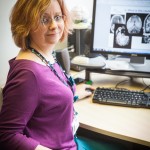 Hannah Cock, ENS Executive Committee & Congress Programme Committee
Hannah Cock, ENS Executive Committee & Congress Programme Committee
I will not miss… Symposium 8: New therapeutics on the horizon (3 June 2014). A fantastic opportunity to get an update in several areas other than my own, from world leading experts in their fields who I know will be great speakers.
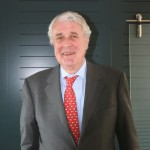 Jacques De Reuck, EFNS Past President
Jacques De Reuck, EFNS Past President
I will not miss… the General Assembly: Election of the Board of the European Academy of Neurology (EAN) (3 June 2014).
This will be the most exciting session of the Joint Congress of Neurology, as this election will determine the future of the EAN. I am looking forward to see the contribution of the European National Neurological Societies and of the individual neurologists in this election. I hope that there will be a good balance in the choices of the elected board members as it is important for the unity and the future development of the EAN. I hope that the next EAN congresses will become one of the most important yearly events in Neurology not only in Europe but also in the whole world.
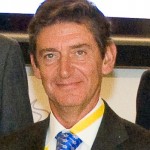 Jose Ferro, Transition Task Force
Jose Ferro, Transition Task Force
I will not miss… Focused Workshop 3: Embolism to the brain – a preventable and treatable entity – European Stroke Organisation (ESO)/EFNS/ENS Joint Focused Workshop (31 May 2014).
This is the session that I do not want to miss! My major field of interest is cerebrovascular diseases. Therefore I look forward to this workshop were the current advances and controversies in the prevention and treatment of stroke associated with cardioembolic conditions will be reviewed. Topics such as closure of paten foramen oval, new anticoagulants and acute anticoagulation of cardioembolic strokes will be addressed. Moreover the session is co-organized by the European Stroke Organization, the EFNS and the ESO, joining the educational efforts of these organizations. This is an example of European cooperation to be followed by other subspeciality societies.
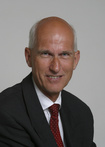 Nils Erik Gilhus, Congress Programme Committee
Nils Erik Gilhus, Congress Programme Committee
I will not miss… the Poster Sessions.
The poster sessions are for me both scientifically important and great fun. Walking along the poster rows gives a clear impression of what is important at present, in neuroscience and in the clinic. The posters combine details that may have high or low relevance, clinical materials of variable quality, and interesting observations that are more or less original. Taken together the posters illustrate where focus of European and international neurology is at the moment, show fields of expansion, and transfer new knowledge both where you are a subspecialist already and where you have a broad clinical interest only. The posters have the additional and most important benefit of direct contact with neurologists and active researchers from every part of the world. A major reason for attending international congresses is the possibility for professional contact with colleagues. Poster sessions are ideal for such contact. To compare your own patient and research experiences with those from other countries and centres is important. To discuss all aspects of professional life and geographical variation is great fun. I will not miss the poster sessions in Istanbul.
 Erich Schmutzhard, Education Committee
Erich Schmutzhard, Education Committee
I will not miss… the Plenary Symposium: Hot topics in Neuroscience (1 June 2014) and the Opening Ceremony (31 May 2014).
The Plenary Symposium: I do hope that all lectures will give me a glimpse into the future of the management of my patients and enable me to answer appropriately and most updated the questions of my patients and their relatives.
The Opening Ceremony is a great place for Networking.
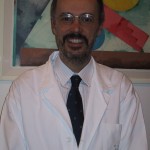 Davide Pareyson, ENS Executive Committee
Davide Pareyson, ENS Executive Committee
I will not miss… Symposium 3: Peripheral Neuropathies: present and future (31 May 2014).
Peripheral neuropathies are frequent in everyday clinical practice and affect 8% of the population above the age of 55, making it important to be updated in their diagnosis and management. Indeed, incredible advances have been made in the diagnosis and understanding of pathomechanisms of inherited neuropathies such as Charcot-Marie-Tooth disease and related neuropathies, and promising treatments are being tested in cellular and animal models. Effective medical therapy is becoming a reality for Familial Amyloid Polyneuropathy and its early diagnosis is of paramount importance. Choice of treatment of dysimmune neuropathies is often a challenge and the advice of an expert will be of great help for our future decisions in patients’ management. Despite its high frequency, diabetic neuropathy is still incompletely understood as far as pathophsyiology is concerned and effective treatments are still awaited. An updated overview given by outstanding experts on these topics will change our practice and cannot be missed by you and by myself.
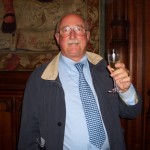 Gian Luigi Lenzi, EFNS Management Committee
Gian Luigi Lenzi, EFNS Management Committee
I will not miss… Symposium 1: Post-stroke dementia (31 May 2014).
Since 1976 I have worked on cerebrovascular diseases, the 2nd cause of death in our Western world but also the 1st cause of disability (therefore, in these cases, dementia is not a reliquat). PSD – Post-Stroke Dementia, represents at least 30% of the sequels of cerebrovascular diseases. For my country, Italy, that implies around 40-50.000 new cases of people living with PSD per year. Furthermore, working on neurodegenerative dementias, I have observed how a minor stroke can precipitate a patient into cognitive impairment of the Alzheimer type. Stroke can be partly prevented by addressing its treatable risk factors, a strategy still too often ignored by many physicians. The sequels of stroke can be fought in spite of the low level of facilities for treating acute stroke – stroke units – and it is important to discuss how this very frequent sequel, PSD, may be first recognized, second reduced, third attenuated. Not least, it will be very important to discuss the role of the neurologists in all the phases of such cerebrovascular events. In order to contribute to these aspects, I will not miss this session.
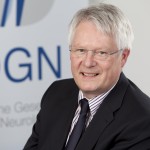 Heinz Reichmann, ENS Executive Committee
Heinz Reichmann, ENS Executive Committee
I will not miss… sessions related to dementia since dementia is a major threat to all of us and we need new and more efficacious treatment.
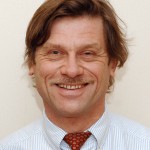 Peter Van den Bergh, Scientist Panel Chair
Peter Van den Bergh, Scientist Panel Chair
I will not miss… Symposium 3: Peripheral neuropathies: present and future (31 May 2014).
As chairman of the EFNS Scientist Panel Neuropathy, I will not miss this session because neuropathies represent a significant cause of neurological morbidity and disability. Together with the ENS Neuropathy Subcommittee, we have tried to make this an outstanding session, highlighting progress in finding causes and in developing efficacious treatment paradigms.
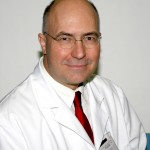 David B. Vodusek, Neuropenews Editor
David B. Vodusek, Neuropenews Editor
I will not miss… the Opening Ceremony (31 May 2014).
It is a truism that we do not go to congresses only for the science, but to meet colleagues and friends from other places, and to reflect with them on the “state of the profession” and its place in our world. All well run societies have significant activities beyond organizing sessions reporting new scientific data – both between the congresses and during the congress. Good scientific societies work as an “organism”, reflect on the state of the art, plan corrective activities, look beyond what any individual scientist or group of professionals can achieve by themselves. I believe both EFNS and ENS were such high quality societies. Furthermore, I believe the Joint congress in Istanbul – introducing in a way the future EAN congresses – will be more than the “sum ot its parts”. Also it will be a historical meeting. More than anywhere else I anticipate this to be prominent during the opening ceremony: hints of European neurological future will be heard and seen there. It will be – as another opening ceremony in the past, when the Presidents of EFNS and ENS have exchanged their ties – another great historical moment. And I want to be part of this!
Detailed Information on the sessions can be found in the Programme: http://efns2014.efns.org/Preliminary-Programme.1153.0.html




